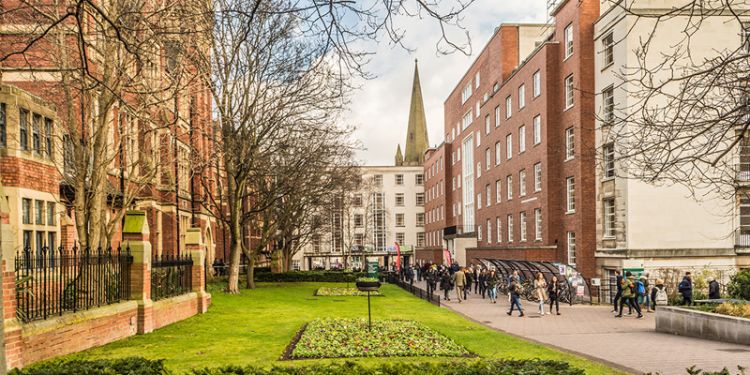History and Philosophy of Science Seminar - Revisiting the ‘Darwinian Revolution’ one more time

- Date: Wednesday 31 January 2024, 15:15 – 17:00
- Location: Botany House (1.03)
- Cost: Free
Despite the frustrations and fatigue of historians of science, the sense that there was a ‘Darwinian Revolution’ refuses to die, not least in broader cultural and intellectual history.
Sidestepping the definitional semantics of both terms, I would like to suggest that the critical issue is not whether there was an evolutionary transformation of Victorian culture in the 50 years after the publication of On the Origin of Species in 1859 (there clearly was), but what sort of revolution it was.
Drawing on the testimonies of more than 2000 individuals, this paper contends that no answer to this question is possible without attention to the role of generational difference. It argues that the textures both of evolutionary science and evolution in the wider culture were constituted by the interactions of different generational voices. The responses of mid Victorians differed from those of high Victorians; and those of Edwardians differed from those of late Victorians. If Darwinian influence spread quickly, Darwinian belief progressed less rapidly.
There was no rapid general adoption of evolutionary (and still less ‘Darwinian’) ideas in the 1860s and 1870s. Generational attitudes were remarkably persistent. Evolution gradually became orthodoxy, with far-reaching consequences, but this was achieved as much by demographic churn as by conversion, and the place of Darwin in this shift continued to layered by age. As such, the ‘Darwinian Revolution’ has much to tell us about the significance of generations in Victorian Britain, and indeed about the dynamics of historical change and the dangers of unitary historical narratives.
Speaker: Martin Hewitt
Organiser: Helen Beebee h.Beebee@leeds.ac.uk
This is a hybrid event, you can join on Zoom or in person 1.03 Botany House

